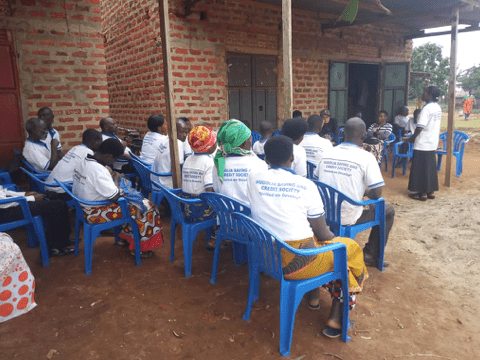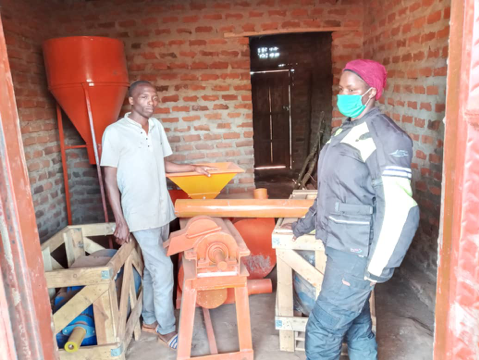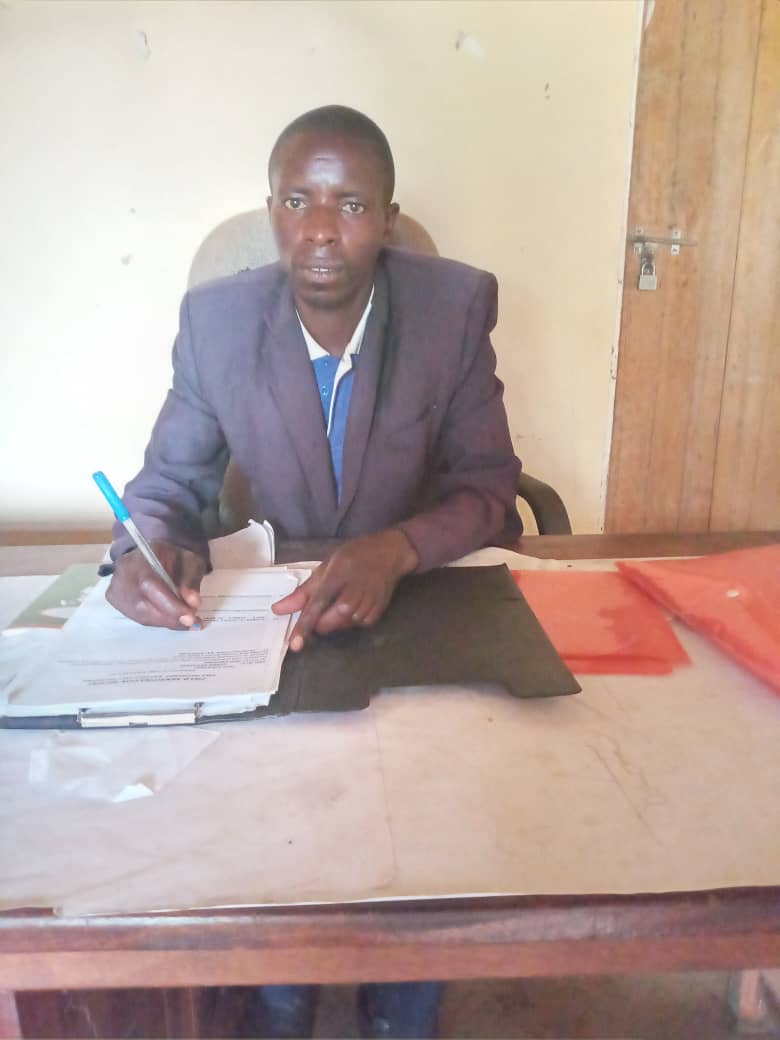Kagadi farmers and 'the man called poverty’


“There is one man here that makes life difficult for us, and that man is called poverty.” narrates Julius Tibesigwa. The 35-year-old is the general secretary of the Mugoija Tweyombeke Cooperative Society Limited in Kabamba sub-county in Kagadi District, Uganda. This farmers group consists of 62 members; majority of whom are women taking care of over 150 children. Julius continues the metaphor saying, “It’s our hope that soon that man called poverty will be gone and gone forever.”
This ambition started in 2016 when World Vision provided the then savings group with seeds and cultivation tools, including a savings kit box and stationery for proper record-keeping. After participating in a World Vision-organised training in agriculture, the Mugoija Tweyombeke Cooperative Society farmers were ready to grow crops. While other group members proudly demonstrate how their new acquisitions –which include maize millers and threshers– work, the group secretary Julius does the math.

“Last season, we made more than 2,600,000 UGX (Approx. $700) from selling maize and over 6,500,000 UGX (approx. $1,700) from beans,” says Julius. “This season, we want to more than double our income. We want to earn over 20 million Shillings (5,400 US Dollars). We can do it if we work together to maintain our gardens and add value by processing our produce.”
Additionally, the group grows vegetables for consumption, and the surplus is sold to supplement our family income. World Vision supports these activities in a bid to improve income, food security, and nutrition for the entire community. The Mugoija Tweyombeke Cooperative Society farmers group is part of 10 producer groups supported in Kagadi. Across the country, World Vision is supporting 282 farmer producers groups to secure livelihoods.
Next to food security and nutrition improvement, World Vision is involved in promoting the saving culture and linking farmers groups to micro-finance and markets. As of September 2020, there were 8,651 Savings for Transformation groups with women making up 68% of 264,500 members. In addition, 24 marketing groups were linked to bulk buyers, eliminating the middlemen.
Racheal Natrinda is another member of Mugoija Tweyombeke Cooperative Society. “I feel we’ve been empowered to sustain and manage our resources,” she says. “Working together has helped us to leverage on each other for the greater good of our children.”
In order to sustainably promote farming as a business, World Vision mobilises and trains households in enterprise selection, farming methods, and value addition chains as well as saving using its proven Household Engagement and Accountability Approach.
The approach brings together 10 to 20 households in densely-populated communities and five to 10 in sparsely populated communities. It equips and strengthens families and caregivers to be the first line of protection and care for children. It also promotes different aspects of child well-being, including health, education, and child protection at the household level.
Moses Kadobera Leneker, Community Engagement and Mobilisation Manager at World Vision in Uganda is responsible for the successful scaling up of this approach across all districts where World Vision has operations. So far, a total of 12,461 household clusters have been formed and active since the launch of the approach in 2017.
“This approach has been adopted in all communities where we work because it puts households in the driving seat of their own development agenda,” says Moses. “It empowers individuals and families to discover their value as created in the image of God and use resources within and around them, to become active agents of their own change.”
With increased harvests and income, Julius and other farmers like him have got enough food and economic muscle to meet all the needs of their children. “The curse of poverty is on its way out of our lives. We’re really grateful to World Vision for making this possible. Our lives and futures are now radiant with a lot of positivity and hopes,” Julius, a father of three, concludes.
---
By Caroline Adongo, Project Officer Resilience and Livelihoods and John Muchope, Education Technical Programme Officer, World Vision Uganda